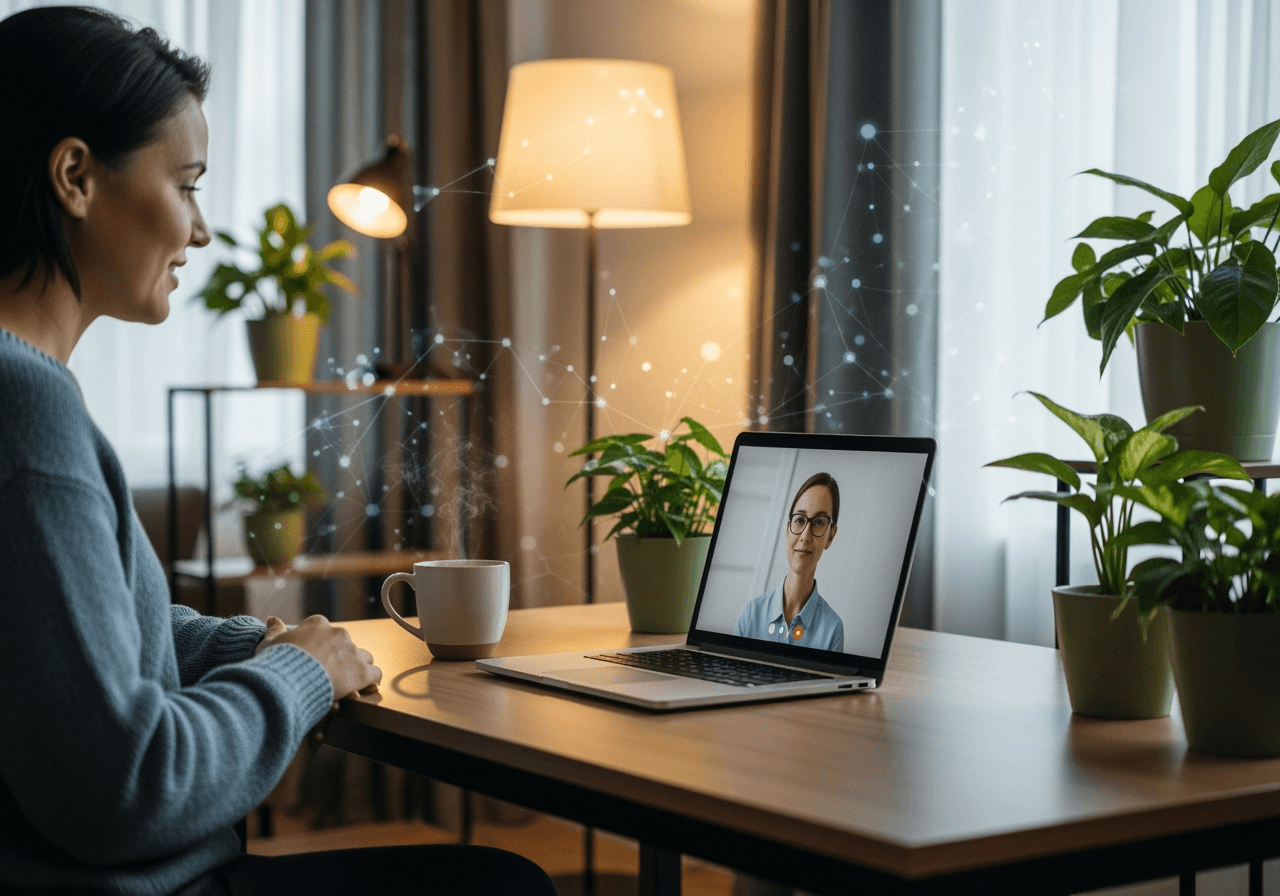If you have found yourself considering counselling, but hesitate because making an appointment feels daunting or life is simply too busy, you are not alone. The landscape of therapy is changing rapidly, with online counselling now offering tailored professional support wherever you are. Yet, many people find themselves questioning whether these services are credible, accessible, or right for their unique needs. Here, we’ll look at the realities of online counselling, including practical questions such as cost, insurance, and how to recognise quality care.
Exploring Accessibility: Who Can Use Online Counselling?
Online counselling is often praised for its convenience. There’s no need to travel; you can talk to your therapist from the comfort of your own home or a private space at work. This can make support far more accessible for parents, busy professionals, people living rurally, or those with mobility issues.
- Flexibility: Sessions can be arranged at a time that works for you, sometimes even in the evenings or weekends
- National and International Reach: Services like Octopus Psychology work with clients across the UK, and internationally, connecting you to qualified psychologists wherever you are.
- Choice: You can access a wider variety of specialists, including those who focus on trauma, workplace stress, relationships, or neurotechnology.
Is Online Counselling ‘Legit’? Understanding Service Quality
t’s natural to wonder whether a video call can match the insight and support of traditional face-to-face therapy. Research shows that for many concerns—such as anxiety, depression, and relationship challenges—online sessions are just as effective as in-person appointments. The key factors that ensure a positive experience are the same:
- Qualifications: Make sure your chosen provider employs experienced, accredited clinicians. At Octopus Psychology, all clinicians are doctoral-level psychologists and psychotherapists, many with backgrounds working in health, sports, and challenging forensic environments.
- Safety: Confidentiality and secure communication platforms are non-negotiable; your privacy should be protected at every step.
- Adaptability: Good therapists tailor their approach, auditing what helps you feel most at ease, and using creative techniques, including integrating neurotechnology or guided self-help when helpful.
- Ongoing Support: Modern online services often provide extra avenues of support, such as text check-ins or WhatsApp clinics, to help you feel connected between appointments.
How Does Online Counselling Work In Practice?
Getting started is designed to be straightforward. Most services offer a free initial consultation or assessment to discuss your needs and explain how therapy works. Once you begin:
- Session Format: Appointments usually last 50 minutes, delivered through secure video conferencing. Some options include email or live chat if verbal conversation feels overwhelming.
- Tailored Approach: Your therapist will collaborate with you to set meaningful goals, whether that’s managing anxiety, navigating career burnout, or working through trauma.
- Tech-Supported Tools: Platforms such as Octopus Psychology may combine traditional therapy with evidence-backed tools, such as the safe and sound protocol or NeurOptimal brain training to support emotional regulation.
- Review and Adjustment: Progress is checked regularly, and your therapist will adjust strategies based on your feedback and changing needs.
The structure and process of online sessions are not fundamentally different to face-to-face work, but they do offer greater adaptability for your lifestyle.
Can You Access Free Online Counselling?
Free online counselling is available but can be limited. Charities, the NHS, and some employee assistance programmes offer free services, often with long waiting lists or restrictions on who qualifies. These services can provide useful starting points, but they may not be enough for complex or long-term challenges.
Professional private providers, such as Octopus Psychology, often offer a free initial call to help identify whether their services are a good fit for your needs before you commit further financially.
Is Online Counselling Covered By Insurance?
Many private health insurance plans do now cover online counselling, recognising its effectiveness. However, you will need to check your policy carefully, as there may be requirements about which providers are covered or limits on the number of sessions. Octopus Psychology works with several insurers and can guide you through the process, but some excess charges or limitations may still apply.
Recognising Quality In Online Counselling
When choosing an online counselling service, look for:
- Accredited, experienced therapists
- Secure and confidential communication methods
- Clear information about fees, coverage, and cancellation policies
- Transparent explanation of their approach, with an emphasis on personalisation
If you require support with specific issues, such as stress management or trauma recovery, ask about specialist programmes or supplementary services, like group work or online counselling sessions.
Key Takeaways: Is Online Counselling For You?
Online counselling brings psychological support directly to your laptop or phone, making it an inviting option for those who value privacy, flexibility, and expertise. For most people, it can offer all the depth and transformation of face-to-face therapy, provided you choose carefully.
If you are seeking a holistic, personalised approach, Octopus Psychology combines traditional talking therapies with innovative, evidence-backed techniques to help you achieve genuine well-being and resilience. Book a no-obligation consultation to discuss your unique circumstances and take that first step from wherever you are.
Confidential, expert support is more accessible than ever; transformation is truly just a click away.

